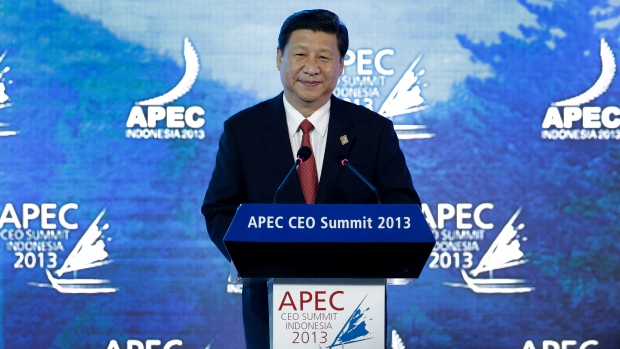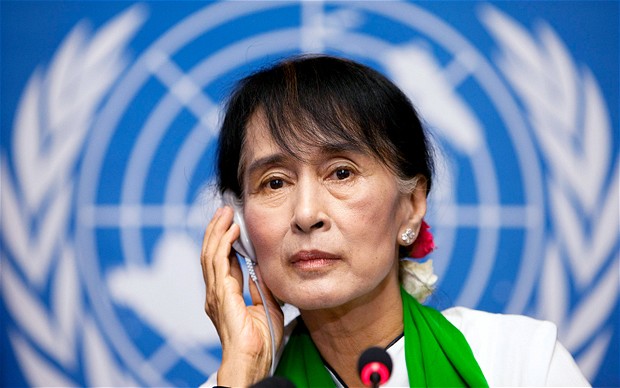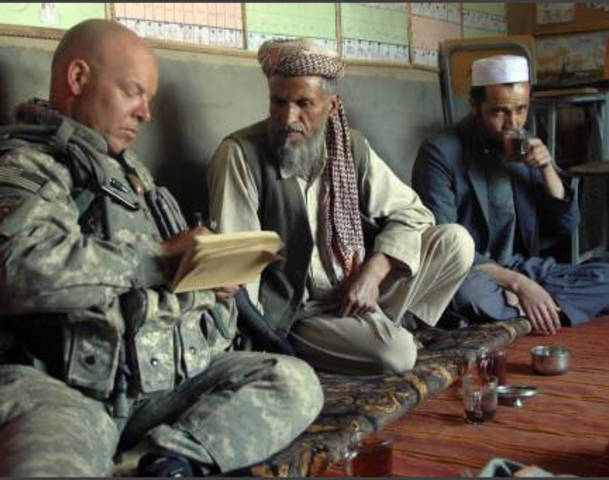The Government shutdown in the United States has closed many programs and departments that have furloughed hundreds of thousands of federal employees, stopped food programs, kept the doors of national parks closed, and has inhibited research in science and technology. While President Obama’s focus is rightfully on domestic priorities, a consequence of this shutdown is the standstill of certain aspects of American Foreign policy. The President took another pass (last time was due to his re-election campaign) on attending the Asia Pacific Economic Cooperation (APEC) summit and has sent Secretary of State John Kerry in his place due to political strife in Washington. However, with Hillary Clinton’s recent exit out of the State and John Kerry’s full focus in the Middle East, the U.S might be losing more ground than anticipated on their Asia strategy.
In 2012 Secretary of State, Hillary Clinton penned a 2012 op-ed in Foreign Policy named America’s Pacific Century that describes Asia as the next frontier for the United States. She uses the term “forward diplomacy” describing as an American strategy that seeks to adapt and be flexible to the ever-changing political and economic conditions of the region. The aim is to create partnerships and build upon pre-existing relationships in Asia in a more immediate fashion. A large misconception that she points out in her piece is the U.S relationship with China. She contends that:
“America is good for China and a thriving China is good for America. We both have much more to gain from cooperation than from conflict. But you cannot build a relationship on aspirations alone. It is up to both of us to more consistently translate positive words into effective cooperation — and, crucially, to meet our respective global responsibilities and obligations.”
This entire strategy on Asia has been coined as the ‘Asia Pivot’. However, some believe that the pivot is more of a containment strategy of China by allying with surrounding nations to curb their influence:
“Does Washington wish to grade China on these matters the way it would grade itself? Was the Iraq war responsible? Are America’s dozens of formal treaty allies constructive? If so, would Chinese alliances with say, Cuba and Venezuela also be constructive? Double standards and fuzzy thinking are at the center of the pivot?”
APEC has already proven to be beneficial for many countries including Canada with a 36 billion dollar foreign investment in British Columbia from Malaysia’s Petronas in liquid natural gas (LNG), but the true victor of the summit is China. In a speech to Indonesian Parliament, Chinese President Xi Jinping introduced China’s vision of a ‘21st Century Silk Road’ between China and the ASEAN (Association of Southeast Asian Nations) in order to strengthen ties and encourage economic growth. These promises ranged from a trillion dollar boost in trade amongst ASEAN countries to other economic infrastructure goals. China was also able to make giant strides at APEC by taking the main stage largely due to an absence of Presidential leadership from the U.S while also establishing the desire for new free trade deals with Australia. Xi Jinping has also signed over a $100 billion worth of contracts across Asia leading up to the summits.
While Barack Obama’s decision to stay home is absolutely justifiable, the ramifications are now starting to materialize as the ground begins to shift below the feet of the Asia Pacific. As of now, China has been able to capitalize on the lack of direct leadership on the pivot and has successfully started laying the pathway for a 21st century Silk Road that may slowly dismantle U.S economic potential in the region.




